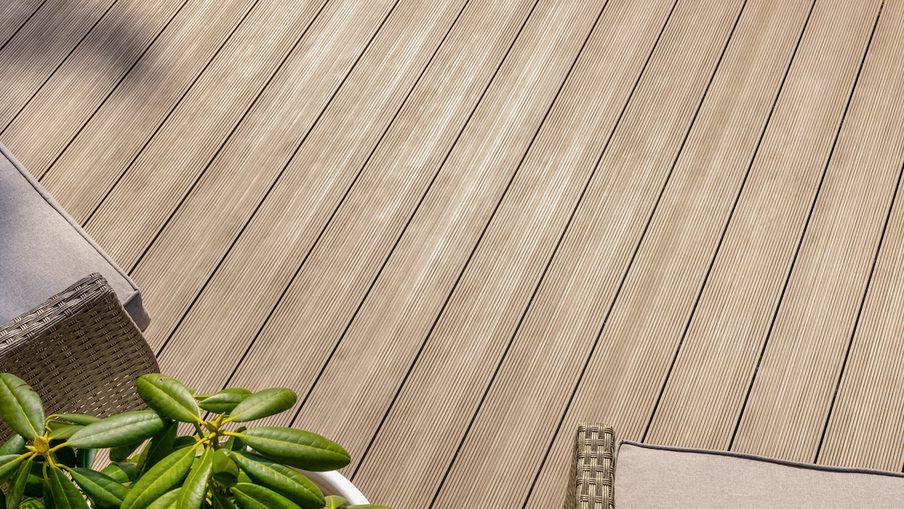Siberian Larch is a fantastic exterior timber. But given trade restrictions with Russia — from where the species is imported — stocks are beginning to deplete.
As a result, throughout 2022 and beyond, this versatile timber species is set to become quite a bit rarer.
For its remarkable durability and versatile pale yellow-golden brown hues, Larch will certainly be missed whilst it’s gone – but fear not. Until trade resumes and stocks can begin to replenish, there are many excellent stand-ins.
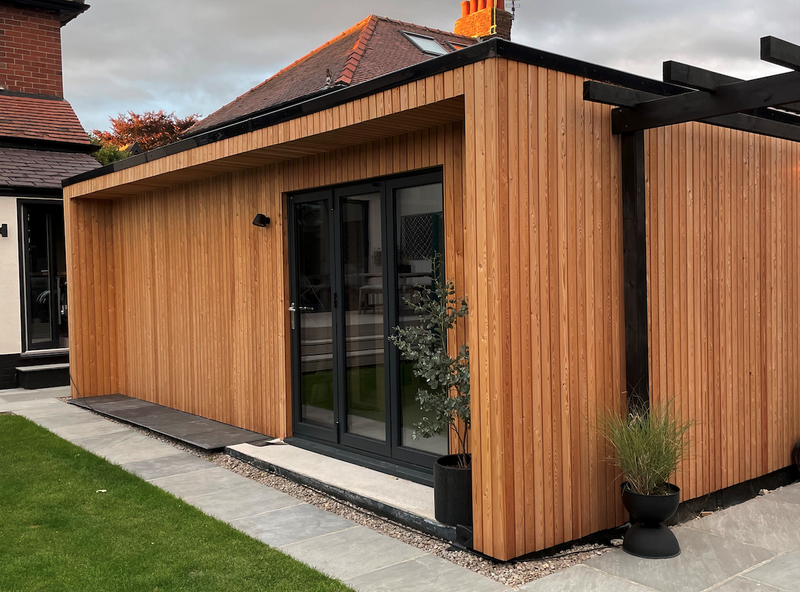
The best alternatives to Siberian Larch for cladding, fencing and decking
Whatever project you’re working on, there’s no shortage of timber substitutes to rival Larch’s excellent outdoor performance and natural beauty, including Western Red Cedar, Douglas Fir, Alaskan Yellow Cedar and more. Let’s take a look at a few of the most popular and readily available.
1. Alaskan Yellow Cedar
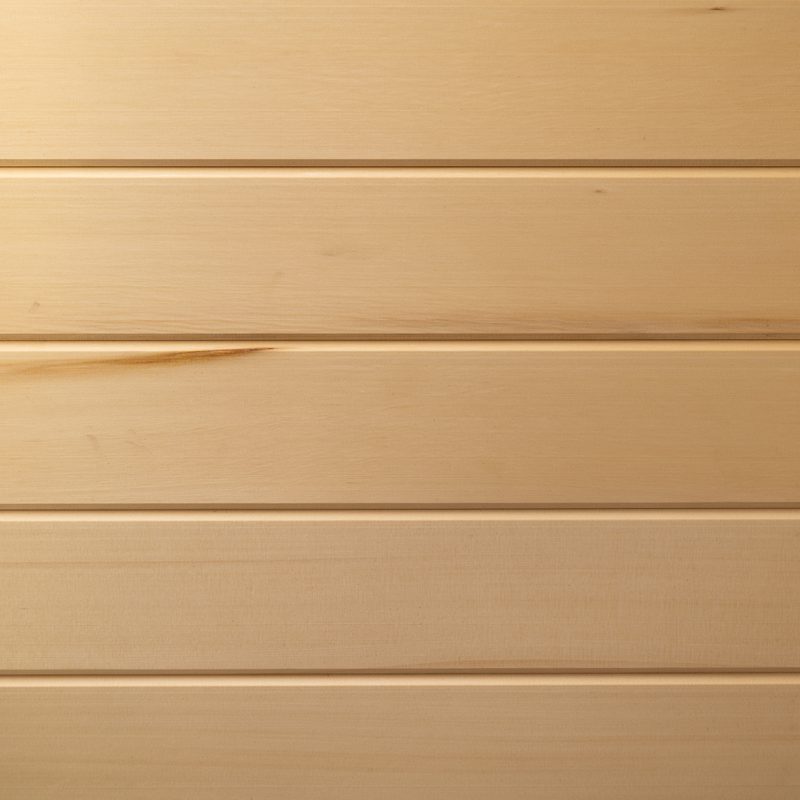
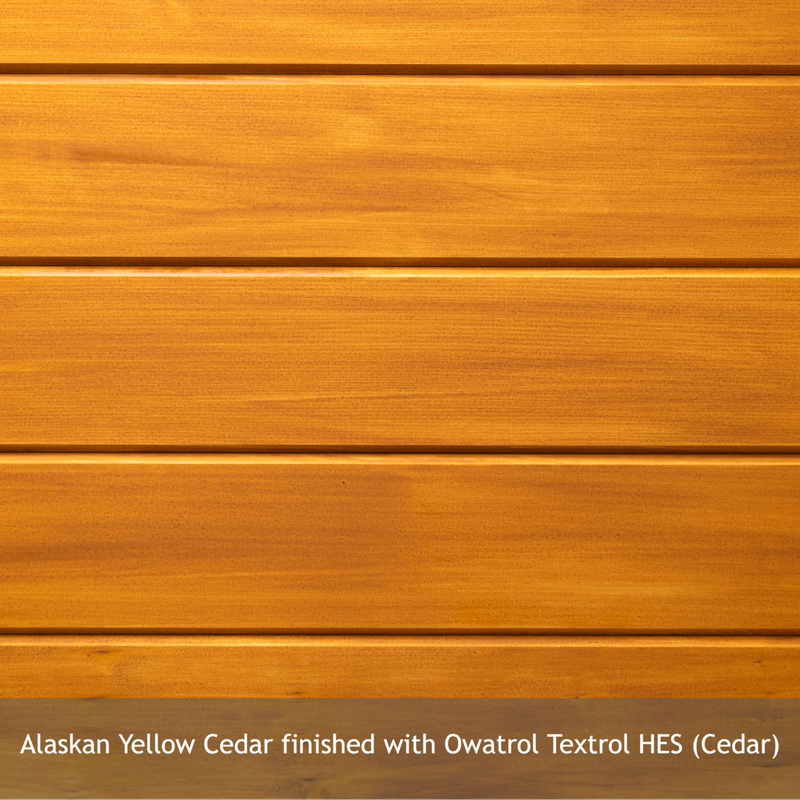
This beautiful species shares most of the fantastic attributes of Western Red Cedar along with similarities of Siberian Larch — both boast a fresh yellow colour and great outdoor durability and stability.
As a result, Alaskan Yellow Cedar should be high up the list of anything seeking a Siberian Larch alternative, particularly for cladding and fencing.
Depending on the grade of Siberian Larch you were after, you may find that Yellow Cedar has a more uniform pale yellow colour, with a fine texture and straight grain. If you’re not sold on its hues, this species takes finishes and stains very well.
2. Douglas Fir
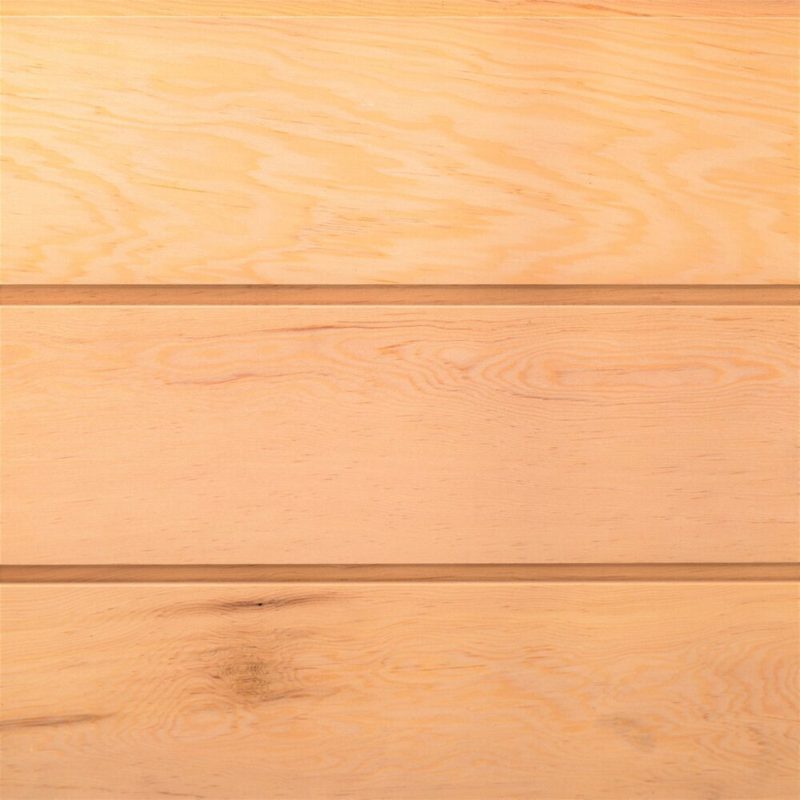
Light reddish-brown to yellow, you might prefer Douglas Fir if you’re after a timber species with a lot of natural character — fir is renowned for its wild, interesting grain pattern and colour variations.
Douglas Fir performs a very similar outdoor role to that of Siberian Larch — with good durability and a 25-year service life, it can be used for cladding, fencing and decking.
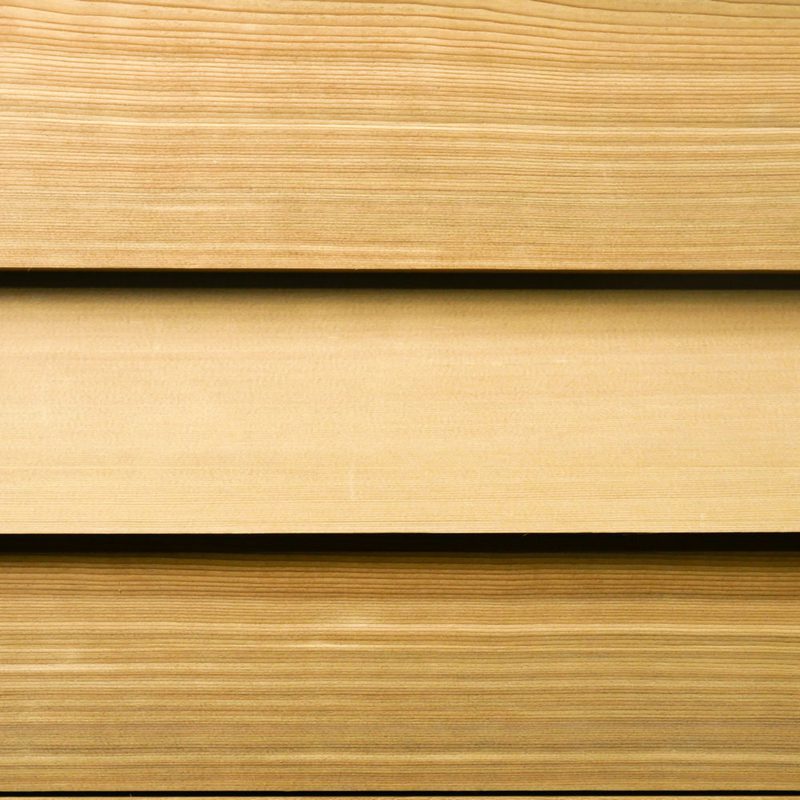
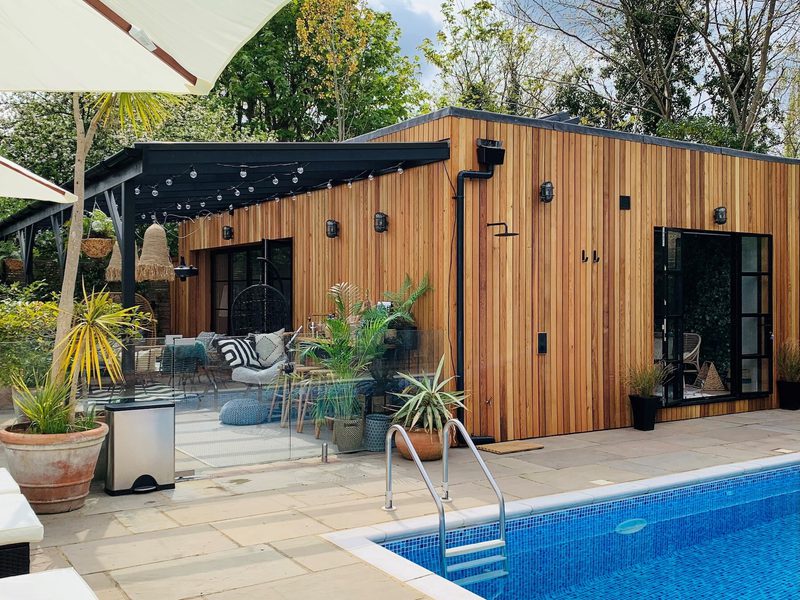
If you’ve heard of Larch, then you’ll most likely have also heard of Western Red Cedar, but we’d be remiss to not mention such an incredible, beautiful and high-performance timber.
There’s no arguing with Western Red Cedar’s applicability for almost any outdoor project. The wood naturally contains resins that protect it from insect attack and fungal decay. In fact, like Larch, such is its durability that it doesn’t strictly need any treatment before being used externally.
With a pink-brown and reddish appearance and delightful variety, this species does however boast a rather different colour to Siberian Larch. For more information, we’ve even written a blog post comparing these two exceptional outdoor timbers.
4. European Oak
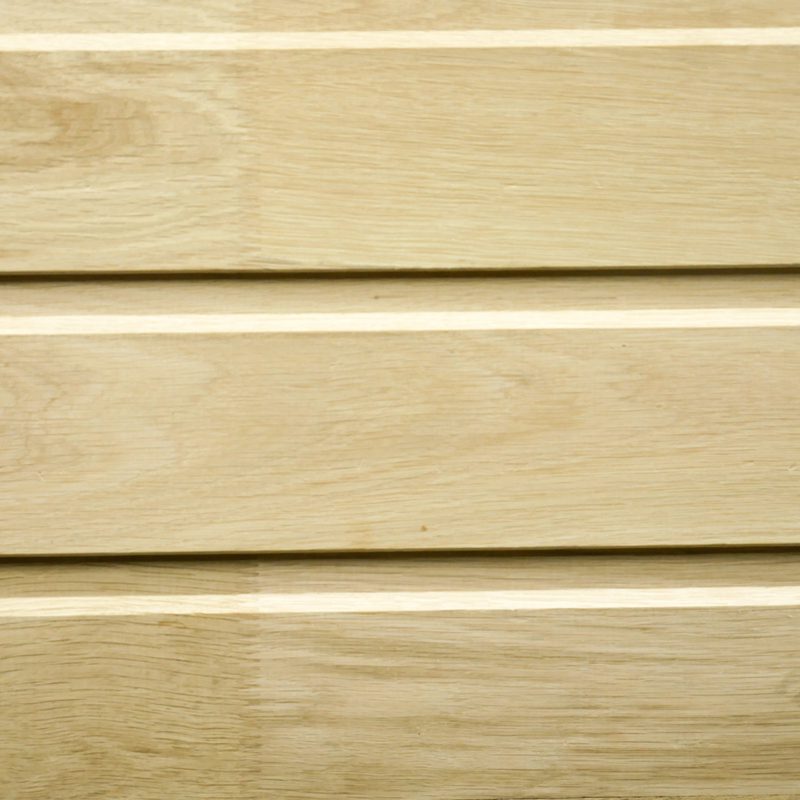
We’ve all heard of oak. No one can argue with its resplendent, versatile golden-brown colour that, in many ways, quite resembles that of Larch.
A naturally durable hardwood, European Oak also works fantastically for any cladding or decking project.
There are many different types, so there’s bound to be something that works for your vision. If you’re looking for longer lengths, this species can be supplied finger-jointed. This process also enables the wood to be edited free from defects.
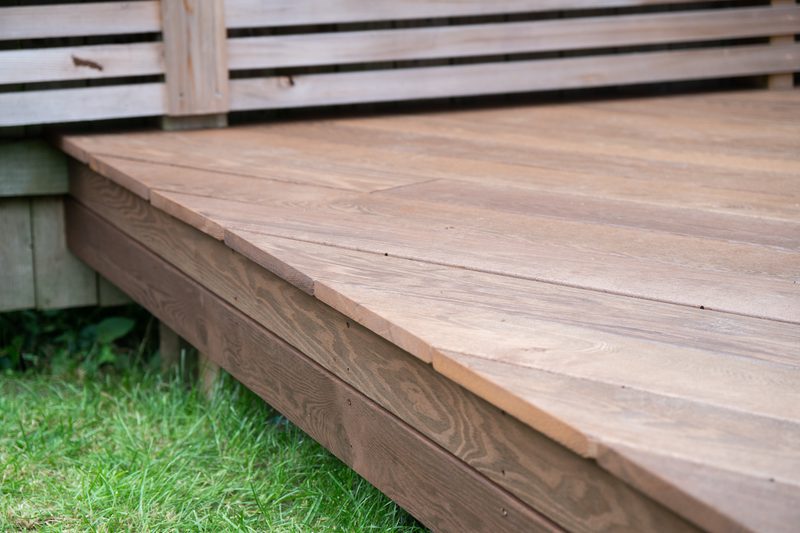
5. Iroko
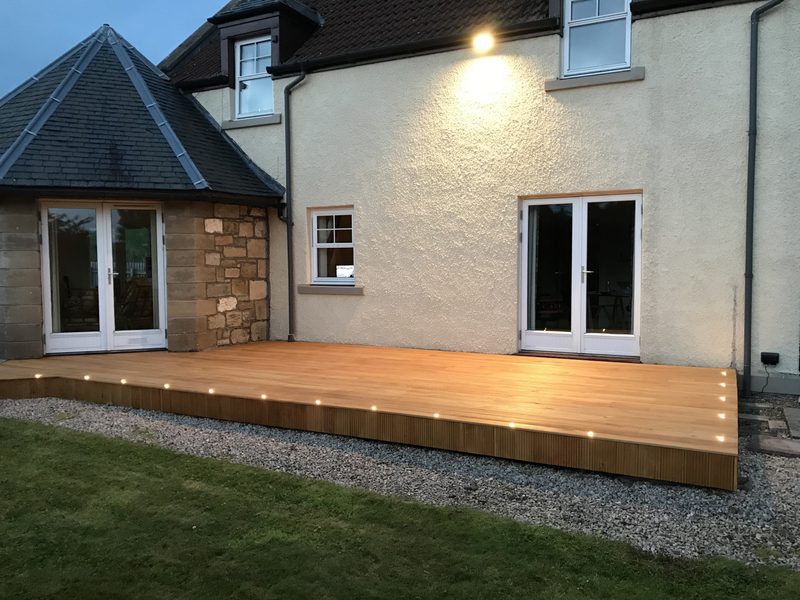
To take things to a rather more tropical level, Iroko is an exceptional species for outdoor application. An exotic-looking hardwood hailing from the west coast forests of Africa, it’s dense, durable and therefore particularly popular for decking and fencing.
Such are its excellent outdoor properties that it’s earned the moniker ‘African teak!’ Whilst those exotic dark brown hues don’t quite match up to Larch’s pale yellow tones, Iroko is a great looking wood.
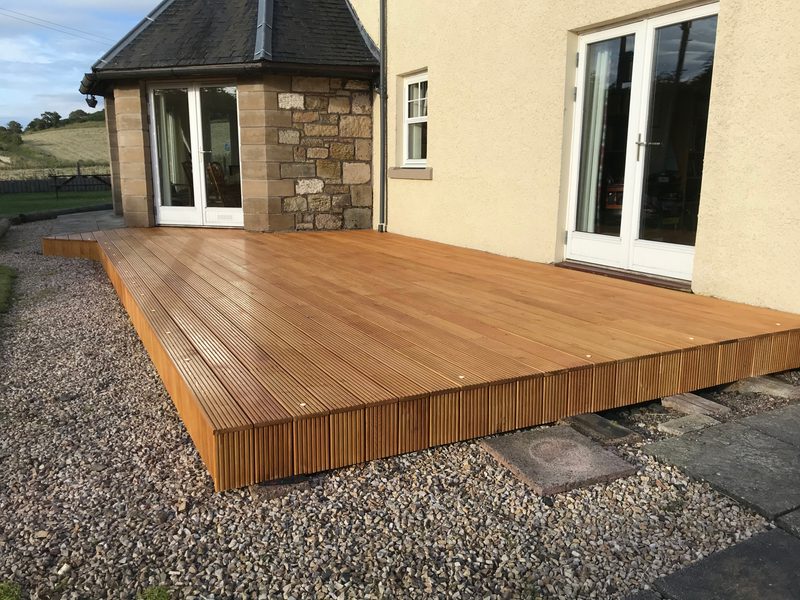
6. Thermo-Ayous & other modified timbers
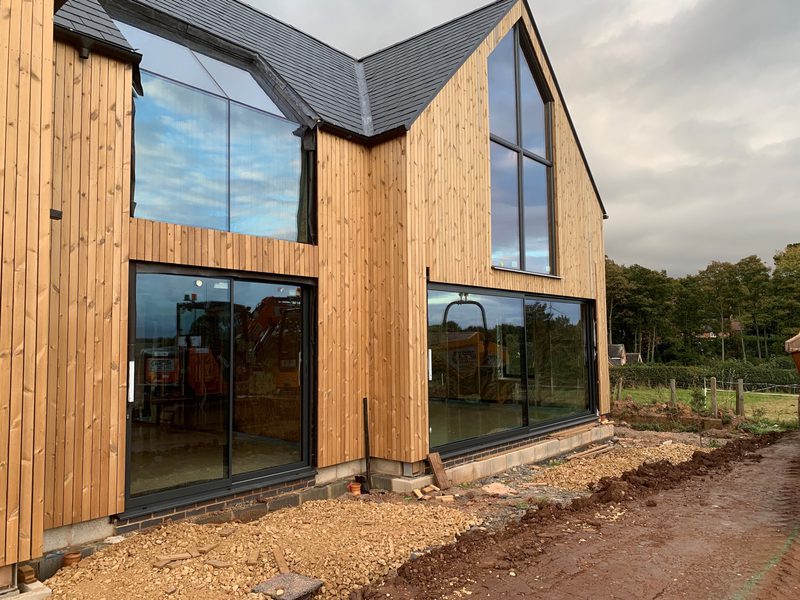
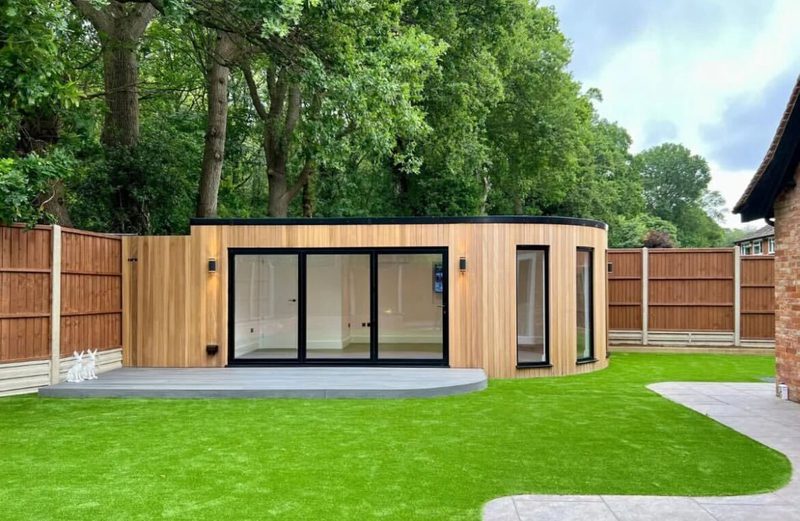
There are a number of modified timber species that are very worthy alternatives to Siberian Larch, including Thermo-Ayous and Thermo-Nordic Pine. Both woods goes through a heat treatment process that provides it with enhanced dimensional stability and outdoor durability.
Importantly, this treatment process is much more sustainable than many others that often make use of harmful chemicals. Other popular treated timbers include ThermoWood — heat-treated Scandinavian Pine.
These types of timber differ from Siberian Larch in terms of appearance — the deep, rich brown colours provides an effortlessly exotic feel that actually shares more similarities with Iroko and cedar. Your choice is completely down to your project vision.
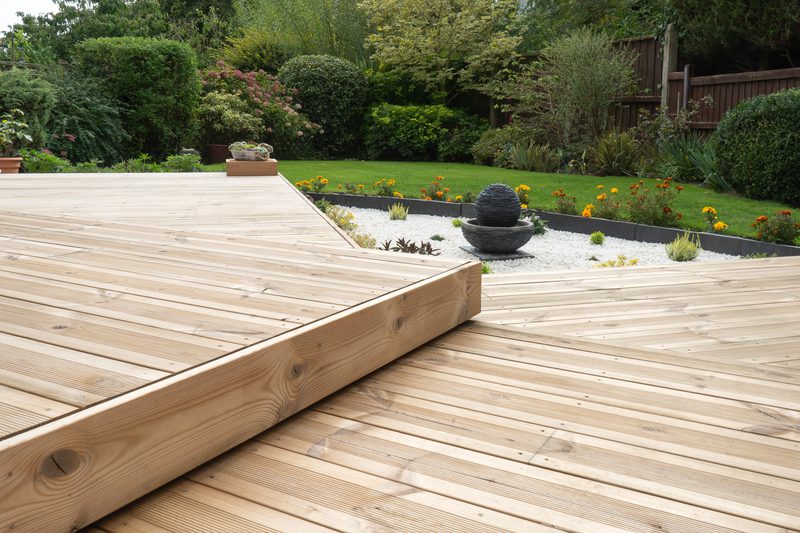
So, have you lined up a Larch replacement?
Whilst it can be difficult to precisely replicate Larch’s unique, sought-after appearance, there are many excellent alternatives for your outdoor project.
Whichever species you’ve settled for and whatever you’re working on, if you’re in need of some premium quality timber or timber products, we’re your people!
We import and stock a wide range of beautiful, durable species from across the world, all machined on site. Cladding, fencing, decking, sawn timber and even your woodcare finishes — get in touch with our team today to start your project.
Get in touch
